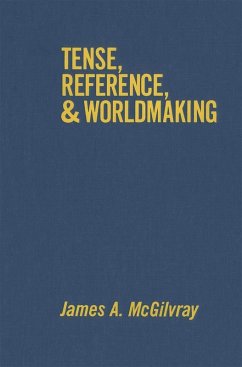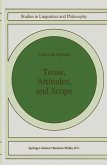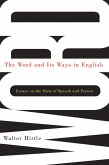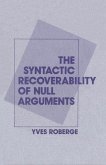Using Reichenbach's (1947) theory of tenses and temporal structures as a point of departure, McGilvray modifies it to produce a theory of his own. Analysing the difficulties Reichenbach's theory has in explaining the relationship of a speaker to a world, he introduces a new model for this relationship based on the three-interval temporal topology that Reichenbachian theory assigns to the sentences of natural languages. McGilvray explains and defends in detail Reichenbach's theory of tense and temporal structure, criticising and rejecting the major rival theory, found in tense logic. He also applies Reichenbach's nonstandard topology to English, showing that it is correct for the language. A significant aspect of McGilvray's study is the supplementing of Reichenbach's topology by including speakers, sentences, situations, and things spoken about with the temporal intervals. McGilvray relocates and reinterprets a prime source of faulty intuitions concerning time and tense -- our feeling that the past, present, and future must be thought of in terms of the settled, the immediate, and the unsettled. He uses his theory to explain the temporal and semantic structure of complex constructions in English, including propositional attitudes, modals, and conditionals. As well, he adapts the structure that Reichenbach's theory assigns to sentences to the aspects perfective (complete) and imperfective (incomplete). The novel view of temporal and semantic structure developed by McGilvray touches on virtually all the puzzles concerning the philosophy of language -- meaning and meaningfulness, the nature of reference, truth, propositions, and worldmaking. His emphasis is on how the speaker, by articulating sentences and understanding them, is both free and constrained -- free to describe something which can be located at any time and in any world, but constrained by the beliefs, evidence, information, and commitments held or made at the time of speech.
Dieser Download kann aus rechtlichen Gründen nur mit Rechnungsadresse in A, B, BG, CY, CZ, D, DK, EW, E, FIN, F, GR, HR, H, IRL, I, LT, L, LR, M, NL, PL, P, R, S, SLO, SK ausgeliefert werden.









